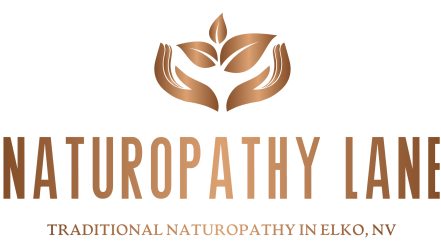In this article, we will take a closer look at what aloe vera is, its history of use in natural medicine, its active constituents, their mechanism of action, metabolic pathways they interact with, and contraindications. By the end of this article, you will have a comprehensive understanding of this amazing healing plant.
History of Use in Natural Medicine
Aloe vera has been used for its medicinal properties since ancient times. It was first mentioned in writing by the ancient Greeks and Romans who used it to treat various ailments such as wounds, burns, and skin conditions. In fact, the Greek physician Areteus wrote about the healing properties of aloe vera over 2000 years ago.
Active Constituents
This herb contains over 200 active components, including vitamins, minerals, amino acids, and enzymes. Some of the most important active constituents in aloe vera include: Aloin – a bitter compound that has laxative effects and is commonly used in over-the-counter laxatives. Barbaloin – a yellow dye that can be used as a food coloring or cosmetic ingredient. Beta-sisterol – an active compound that has been shown to have anti-inflammatory effects and may have potential for treating chronic inflammation. Polysaccharides – complex carbohydrates that are thought to play a role in immune function and tissue repair.
Mechanism of Action
The active constituents in this herb work together to support health in various ways. For example: Aloin is a laxative that works by stimulating the muscles in the intestine, leading to increased bowel movements. Barbaloin has been shown to have antioxidant properties and may help protect cells from damage caused by free radicals. Beta-sisterol has anti-inflammatory effects and may help reduce chronic inflammation in the body. Polysaccharides are thought to play a role in immune function, which could explain why aloe vera is often used for skin conditions such as eczema and psoriasis.
Metabolic Pathways
The metabolic pathways that active constituents in aloe vera interact with can vary depending on the compound involved. However, some generalities can be made: Aloin interacts with muscles in the intestine to promote bowel movements. Barbaloin may have antioxidant properties and protect cells from damage caused by free radicals. Beta-sisterol has anti-inflammatory effects and may help reduce chronic inflammation in the body. Polysaccharides are thought to play a role in immune function, which could explain why aloe vera is often used for skin conditions such as eczema and psoriasis.
Contraindications
Aloe vera is generally considered safe when taken orally. However, there are some potential side effects that may occur, including: Laxative effects – excessive use of aloe vera supplements can lead to dehydration and electrolyte imbalances. Allergy – some people may be allergic to aloe vera or its active constituents, leading to rashes, hives, or other skin reactions. Pregnancy and breastfeeding – there is insufficient research on the safety of aloe vera during pregnancy and breastfeeding, so it is best to avoid use in these cases.
In conclusion, aloe vera has a long history of use in natural medicine for its healing properties. It contains over 200 active components, including vitamins, minerals, amino acids, and enzymes, making it an excellent choice for health and wellness. The active constituents in aloe vera work together to support health in various ways, while also interacting with metabolic pathways to exert their effects. However, it is important to follow the recommended dosage and not use excessive amounts of aloe vera supplements, as this can lead to laxative effects and other side effects.



